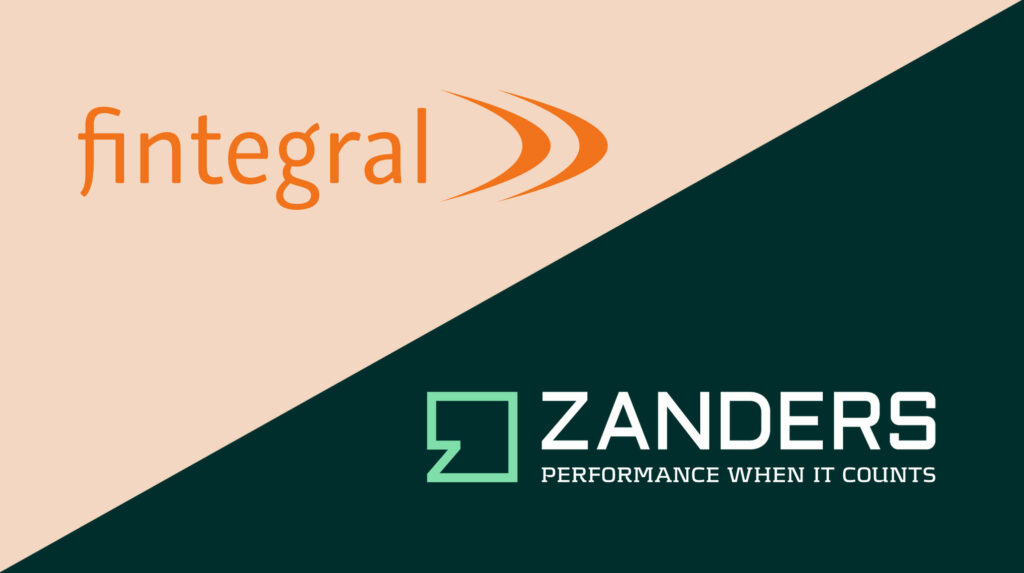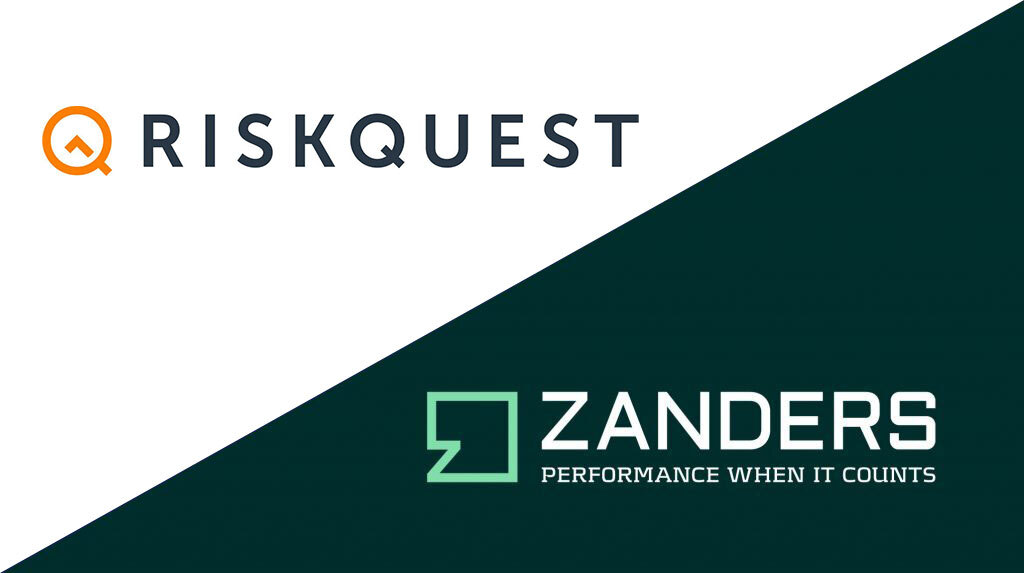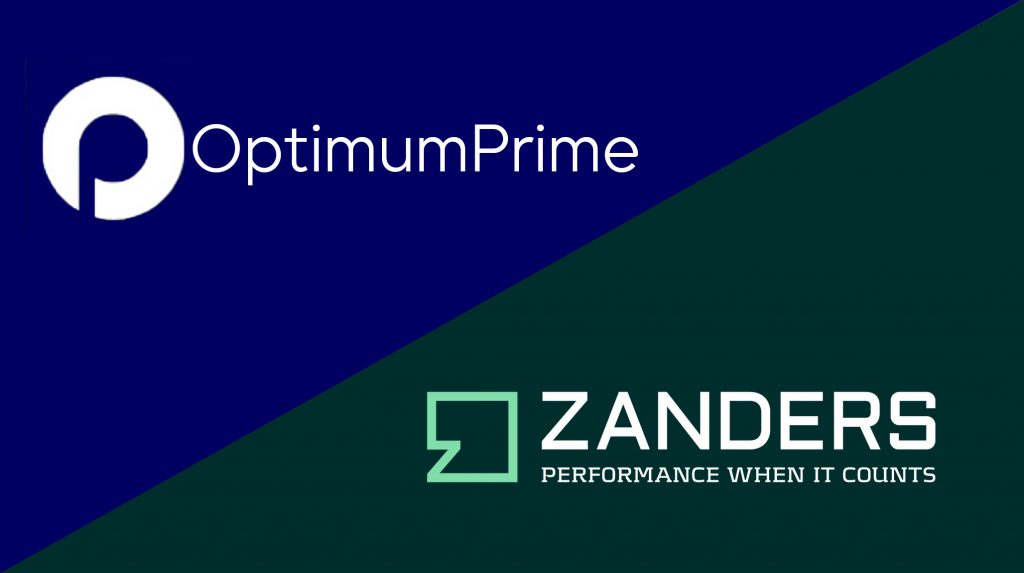Smarter Cash Management Unlocks a Powerful Growth Lever for Savvy Games Group

In a fast-paced gaming and esports market, optimizing cash management was critical to empowering Savvy Games with the financial clarity and agility to surge forward with its ambitious investment strategy.

The games market just keeps getting bigger. And with limits on this growth seemingly uncharted, interest from governments and private sector investors is at an all-time high. Savvy Games Group is a global gaming and esports business, wholly owned by Saudi Arabia’s Public Investment Fund (PIF). Tasked with transforming the Kingdom of Saudi Arabia (KSA) into a global games hub, the Riyadh-based group is pursuing an ambitious investment strategy aimed to rapidly accelerate growth of the sector and maximize the opportunities the Kingdom offers.
Acquisition-driven growth
Savvy is clear in its intention to be the leading force in global games investment. At first glance, this could appear a bold claim for a three-year-old company operating in one of the world’s most buoyant and exciting markets. But it’s a challenge Savvy has already proven it’s well-equipped to deliver. Despite being a relative newcomer to the games sector, through high-profile acquisitions—including Scopely in the US and EFG Group in Europe and the US—Savvy has quickly established itself as an active investor. This has led to fast growth for the business. In just a few years, the Group has expanded to become a global enterprise of more than 3,500 employees across 69 locations in 22 countries.
While the scale and speed of Savvy’s development successfully solidified its reputation and investor profile, it also created a disparate banking and cash management structure. With the Group’s cashflows spanning a global network of more than 40 banks and 400 bank accounts, cash management was cumbersome and inefficient.
A rapid bank rationalization
With centralization as the clear goal, the starting point was to consolidate Savvy’s banking services and implement an inhouse bank in order to harmonize disparate cash management processes. To enable this, in June 2024, Savvy issued a request for proposal (RfP) for the provision of banking services to the Savvy Group.
“After a competitive RfP, we chose Citibank for our global cash management and HSBC for our cash management in the US and in Saudi Arabia,” Saleh Alfadhel, Savvy’s Group CFO, recounts. “We then had to go from 40 banks and 400 bank accounts to two banks and 50 bank accounts in one year.” This was a complex project, involving the establishment of three cash pools—a multi-currency notional pool in London, a US dollar and Saudi Arabian Riyal (SAR) pool in KSA, and a virtual US Dollar pool in the US. But this was only one part of establishing the Group’s treasury function. While bank rationalization and cash pooling created the foundations for a more streamlined and centralized treasury organization, to extract maximum value from this new structure, they also needed full visibility of the group’s cash balances and positions worldwide. This is where a second RfP came in—the selection and implementation of a global treasury management system (TMS).
From selection to solution
Driving Savvy’s treasury technology project was the target to have a new, global TMS for the Group in place by December 2024.
By leveraging Zanders’ technical expertise of Kyriba and deep treasury experience, we successfully developed and implemented best-in-class processes across cash management, payment processing, and in-house banking. Harnessing Kyriba’s functionality, we streamlined and automated our treasury operations for greater efficiency and control.
Dheeraj Parmar (Assistant Treasurer at Savvy Games Group)

With Zanders leading the technical conversations with the vendors, Savvy was able to explore and compare the different solutions on offer in a highly structured, relevant, and informed way. This ensured the selection of a TMS that was the best-fit to deliver high levels of transparency and central control of cash management. The outcome was the selection of Kyriba and the appointment of Zanders to advise on the implementation of the first five modules. The deadline set for completing this was December 2024.
“Between June and December, Zanders implemented five modules of Kyriba,” Saleh says. “In six months, we had a full implementation of Kyriba across our operating companies, the headquarters in KSA, and the three inhouse banks.”
Between June and December 2024, Zanders implemented five modules of Kyriba. In six months, we had a full implementation of Kyriba across our operating companies, the headquarters in KSA, and the three inhouse banks.
Saleh Alfadhel (CFO at Savvy Games Group)
With clarity comes cash control
Savvy’s Kyriba journey may still be in its early stages but the value of the visibility it gives them over their cash position globally is already evident. “As of December 2024, we have a liquidity pool set up, and we have a dashboard in Kyriba showing us 100% of our in-scope balances,” Saleh says. “We estimate that by having full visibility and cash concentration, we can operate the Savvy Games Group with circa 45% less cash globally.”
And there is still more value-driving performance for Savvy to unlock from operating a centralized, digital treasury. Kyriba cloud-based treasury management solutions offer a powerful way for businesses to connect banks, ERPs, apps, and portals. This unifies data, providing not only the clarity and insight to improve liquidity, but also the opportunity to automate processes and improve efficiency. Unlocking this enhanced performance is where Zanders’ work with the group turns to next. “Once we add host-to-host, straight through processing and a shared service center to Kyriba, we should have full automation between our ERPs—SAP in Germany and Oracle in KSA and the US,” Saleh says. “With this, we will be able to automate accounts payable and the treasury department completely.”
Continuing our transformation journey in collaboration with Zanders will allow us to further optimize our treasury operating model while ensuring scalability to support the company’s growth—both organically and through strategic M&A actions.
Dheeraj Parmar (Assistant Treasurer at Savvy Games Group)

To find out more about our treasury transformation services and the benefits we can offer your business, please contact our Partner Mark van Ommen.












